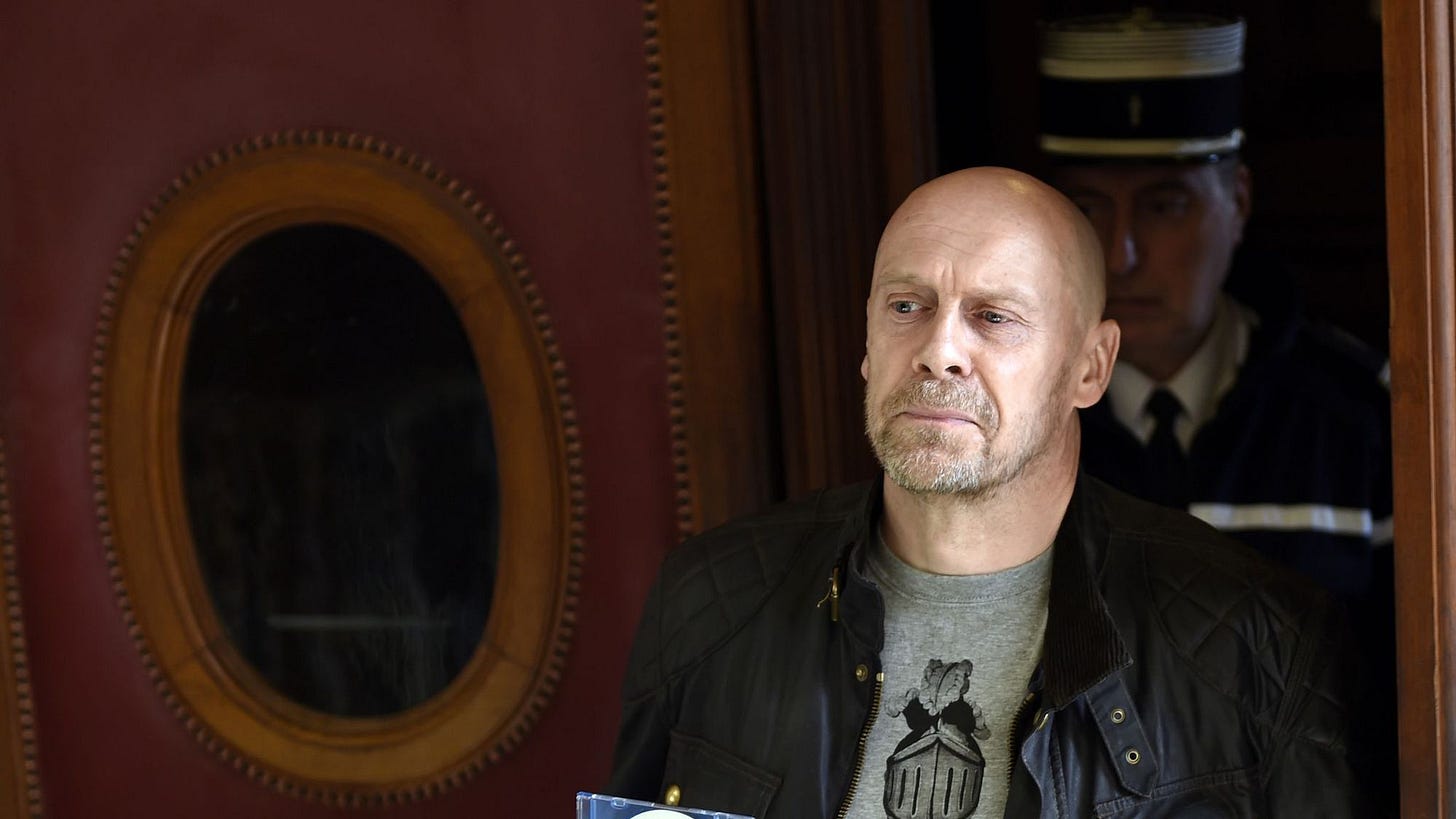The Dark Side of Equality: Unmasking the Modern Myth by Alain Soral
The Emergence of a Controversial Thinker
In the landscape of modern philosophical critique, Alain Soral emerges as a polarizing yet significant voice. Known for his provocative views, Soral critiques the contemporary ideal of equality, arguing that it often serves as a facade for deeper societal issues. His work challenges us to question whether our pursuit of equality is as virtuous as it appears.
The Mirage of Absolute Equality
Soral’s critique begins with the impossibility of absolute equality. Modern discourse equates equality with uniformity, disregarding the natural differences among individuals in talents, motivations, and circumstances. According to Soral, this creates a homogenized society where diversity is suppressed rather than celebrated.
The Illusion of Parity
Consider gender quotas in professional fields. While equality of opportunity is essential, numerical mandates often ignore individual preferences and systemic complexities. Soral argues that such measures, though well-meaning, can exacerbate division and resentment instead of fostering genuine inclusivity.
The Tyranny of Victimhood
One of Soral’s boldest critiques targets the rise of the "victimhood economy." In this paradigm, individuals and groups gain social leverage by emphasizing grievances. While real struggles exist, Soral warns that this dynamic risks fostering dependency and a hierarchy of grievances.
From Empowerment to Entitlement
When equality is conflated with the elimination of disparities, society prioritizes symbolic victories over substantive change. Soral cautions that this shift undermines core societal values like mutual respect and accountability, replacing them with power struggles that ignore merit and collaboration.
Economic Inequality and Elite Manipulation
Soral’s economic analysis highlights how the rhetoric of equality is often a distraction. While symbolic battles over representation dominate public discourse, the concentration of wealth and power continues unchecked.
Identity Politics as a Smokescreen
By focusing societal frustrations on identity politics, elites deflect attention from systemic economic inequities. For Soral, this manipulation turns the ideal of equality into a tool for maintaining the status quo rather than challenging it.
A Balanced Vision of Equality
Soral’s critique does not reject equality outright but calls for a balanced approach. True equality, he asserts, lies in creating opportunities for success without enforcing uniform outcomes.
Systemic Reforms Over Symbolic Gestures
Addressing inequalities requires systemic changes, such as equitable access to education, healthcare, and economic resources. Soral advocates for fostering individual responsibility within a framework of collective solidarity—a balance that modern equality movements often overlook.
Rethinking the Modern Myth
The pursuit of equality, as Soral exposes, is fraught with contradictions. While fairness remains a noble ideal, its current implementation often prioritizes appearances over substance. Soral’s critique invites us to rethink equality in a way that celebrates diversity, empowers individuals, and addresses systemic issues without succumbing to ideological extremes.
A Path Forward
In an era polarized by identity politics, Soral’s perspective offers a crucial reminder: true progress requires navigating differences with empathy, wisdom, and courage. By doing so, we can build a society that values fairness without sacrificing authenticity or nuance.



